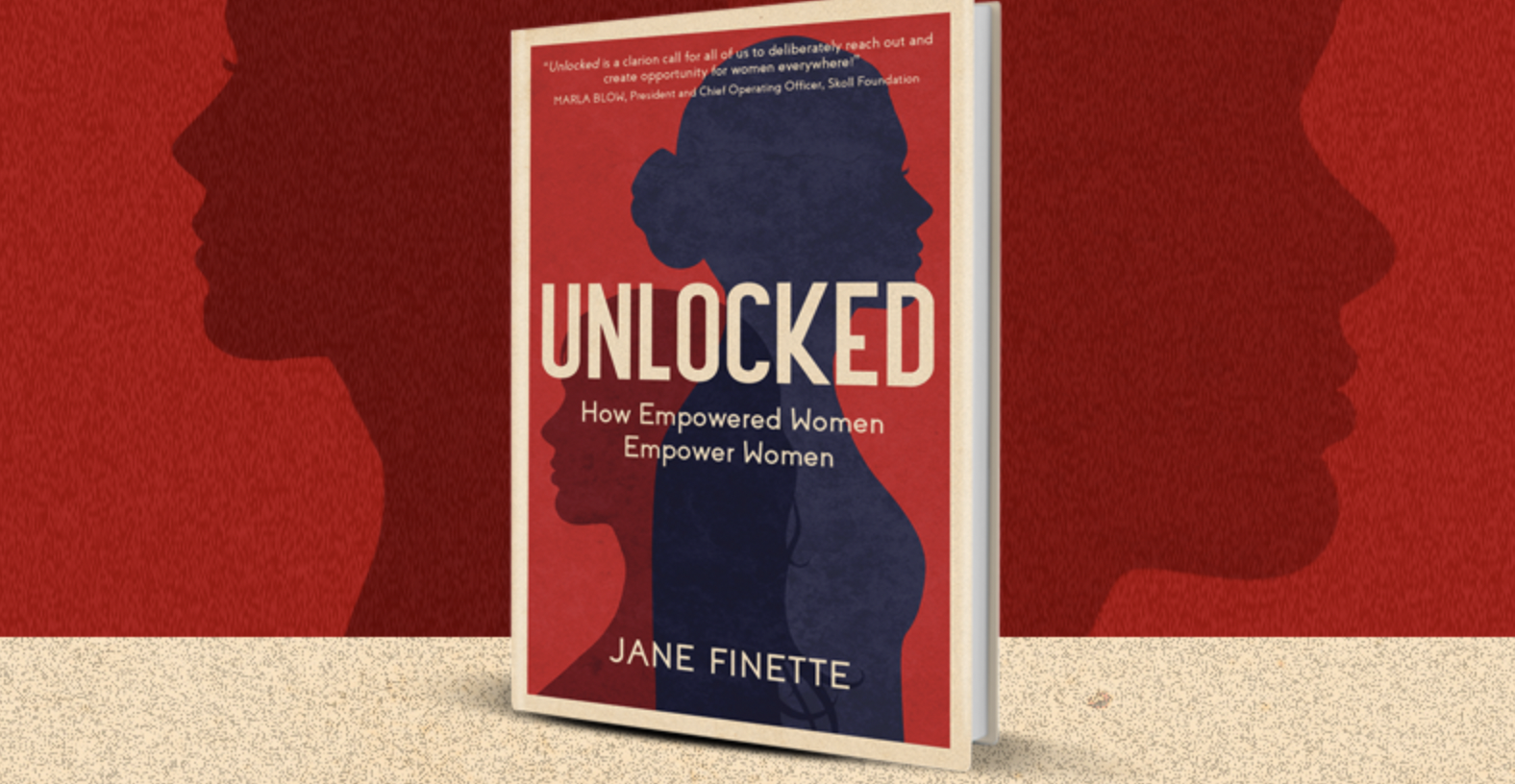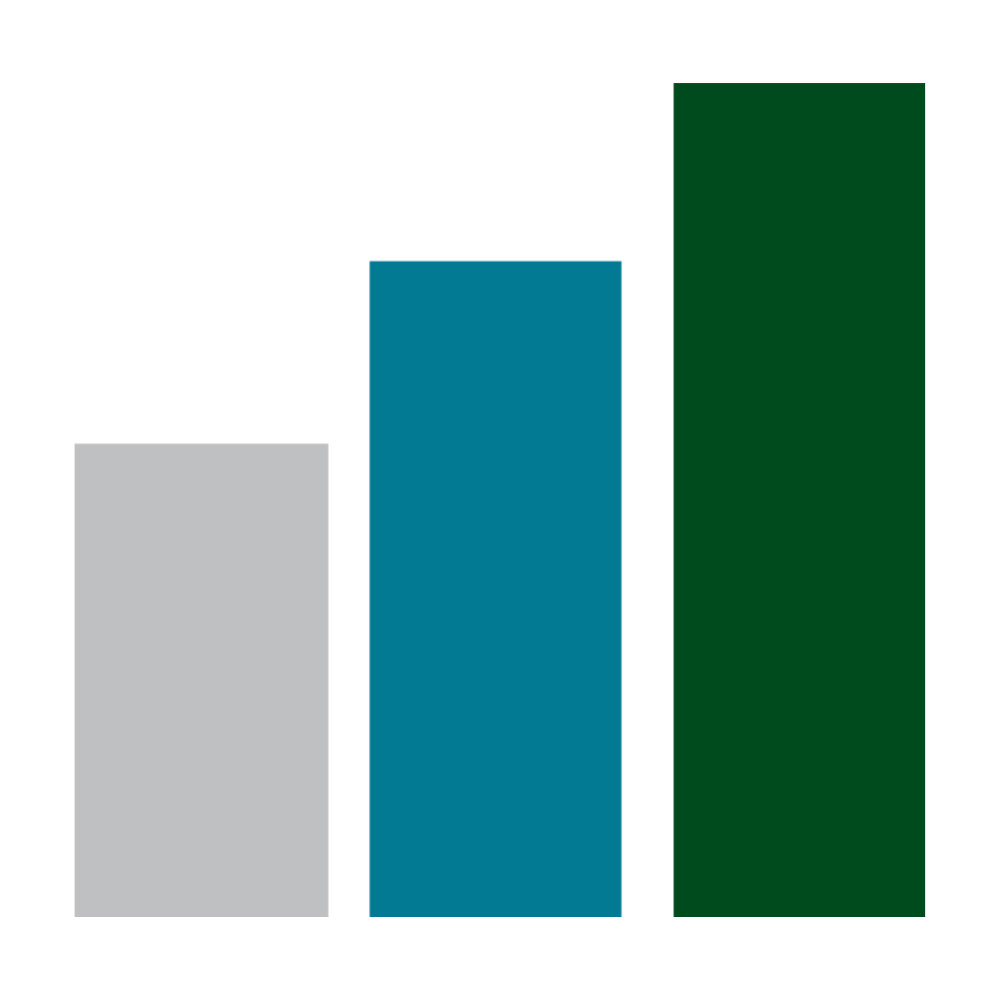We recently held a webinar titled “Artificial Intelligence for Financial Executives” where you can find a recording and a poll showing very high alignment with the role CFOs/Financial Executives need to play. In his March 2023 GatesNotes post, Bill Gates said, “The development of AI is as fundamental as the creation of the microprocessor, the […]
Continue readingWhat to expect for the pandemic in 2021

We have good news and bad news.
The good news is we’re making progress against the coronavirus. The New York Times reports that researchers have at least 85 preclinical vaccines under active investigation in animals. Sixty-nine vaccines are currently testing in clinical trials on humans, and 26 have reached the final stages of testing. At present, nine vaccines have been authorized by at least one national regulatory authority for public use somewhere in the world. The situation seems to improve, albeit incrementally, on an hourly basis.
However, we’re not out of the woods yet, and it’s still smart to be cautious about the virus.
We all know the story by now: sometime in late 2019, a virus transitioned from bats to pangolins or another animal, then infected a human at the now world-famous Huanan seafood market in Wuhan, China. Governmental leaders permitted political considerations to override health needs, which in turn led to the global pandemic we continue dealing with. At this writing, 96 million people globally have become infected, 68 million have recovered, 26 million remain infected, and 2 million have died.
Seemingly every type of activity around the world has been hampered or halted as we deal with lockdown, information overload, and economic turmoil. We’ve just finished what could politely be considered one of the strangest years in recorded history.
A new study shows that American adults, particularly women, are drinking more amid the COVID-19 pandemic…findings we expect would also be duplicated elsewhere. Simultaneously, the World Health Organization has warned that alcohol consumption can put people at increased risk of contracting the coronavirus because alcohol is known to weaken the body’s immune system.
This is why, as we begin the new year, we all seem to have mixed emotions: relief that a painful year has ended combined with fatigue, disgust, and cautious optimism.
With the holidays now behind us, we’re already seeing evidence of yet one more post-holiday spike in COVID-19 case numbers. Revelers’ insistence on gathering with those outside their households guaranteed this increase, as well as a higher percent-positivity rate and a surge in hospitalizations. Many medical systems are now nearing the point of collapse.
There are two concurrent realities:
- We have vaccines that are roughly 95% effective
- We’re still in the very early stages of getting people vaccinated
Today there are almost 8 billion people in the world, but only 45 million shots have been distributed so far. Even if a billion people are vaccinated annually, it’s still going to take years to get back to normal. This doesn’t even account for countries unable to acquire and/or afford the vaccine, population growth, or how the virus may mutate.
Furthermore, as long as there are those insisting on denying the virus’ existence and/or refusing to take simple precautions (limiting social interactions, wearing a mask, practicing good hand hygiene, etc.) this virus, in some form, can probably be expected to remain circulating among the global population ad infinitum.
With all that in mind, McKinsey has explored business trends that will define 2021 and beyond as part of our new normal. They include:
Release of pent-up demand.
All previous economic downturns have taught us that as consumer confidence returns, so will spending in a big way. Look, in particular, for service businesses like restaurants, entertainment, and leisure travel to benefit. Business travel will probably take longer, since so many businesses have learned to work remotely, and much of that attitudinal shift is expected to last far into the future.
More technology.
Software can be expected to increasingly be applied in every area of the business world, with rentable technology as a service creating a huge advantage for small businesses otherwise unable to afford automation and access to sophisticated business analytics. This will enable small businesses to go digital to reduce costs, fuel growth, and level the playing field. Everything from online customer service to remote working, supply-chain reinvention to using artificial intelligence and machine learning will increasingly use digitization to improve operations. Telehealth use will also be increased.
More disruption.
The number of new businesses being started in the US doubled during the pandemic, though mostly as solopreneurs. France also saw its highest monthly new business formations (20% YOY) in October. Similar trends are seen in Germany, Japan and the UK. Many of these companies are expected to have disruptive potential in their respective industries, and venture-capital activity has only dipped slightly to date. Taken together, these developments have the potential to lead to significant long-term job growth and economic activity once recovery takes hold.
More productivity.
Many executives report moving 20-25 times faster than they thought possible on things like building supply-chain redundancies, improving data security, and increasing the use of advanced technologies in operations. US productivity rose 10.6% in Q2 and 4.6% in Q3 2020; the largest six-month improvement since 1965. Admittedly, the US was starting from a lower floor than in the past, but it still suggests changes to come due to technology, mindset, and financial priorities.
Changed consumer behavior.
At least 2/3 of consumers in 13 major countries have tried new kinds of shopping since this all began, and 65%+ plan to continue operating this way. Bottom line: if you haven’t figured out new strategies for reaching consumers, you risk being left behind. And because there’s little brand loyalty among online buyers, there’s huge potential for stealing customers from your competition…regardless of what you sell.
Throw in the significant portion of employees globally who wish to continue working from home after things settle down (and the obvious impact on sales of vehicles, gasoline, clothing, office furniture, office space, etc.) and you arrive at a brave new world that’s significantly different from the one we just left behind. Staff will need new training and investments to ensure loyalty, customer satisfaction, and positive brand perception, as well as an ability to do their jobs within a new business environment.
When layered atop other ongoing issues (global warming, population growth, energy needs, food shortages, etc.) and political shifts in the US and elsewhere, it becomes increasingly obvious that the changes wrought by COVID have merely sped upshifts in the economy that would have happened anyway over time. Businesses hoping to remain relevant will take this opportunity to learn how to redesign workplaces, build healthier work environments, and invest effectively in their employees.
And because governments universally can increasingly expect to be hamstrung in their largesse, it seems safe to conclude they’ll look more to businesses to pay their fair share moving forward. Look for taxes to rise and services to be cut…at least in the short-term.
The COVID-19 pandemic is far from over. But with vaccines beginning to roll out, it’s possible to be cautiously optimistic that better times are coming from changes and improvements in productivity, green growth, medical innovation, and resiliency.
At REF, we gain the clarity that emerges from the powerful collective intelligence of a proven group of leaders. Members can make better decisions, clarify their vision, face challenges with confidence, and take full advantage of uncounted opportunities along their journey. Together we are stronger and design the life we want to have.




















